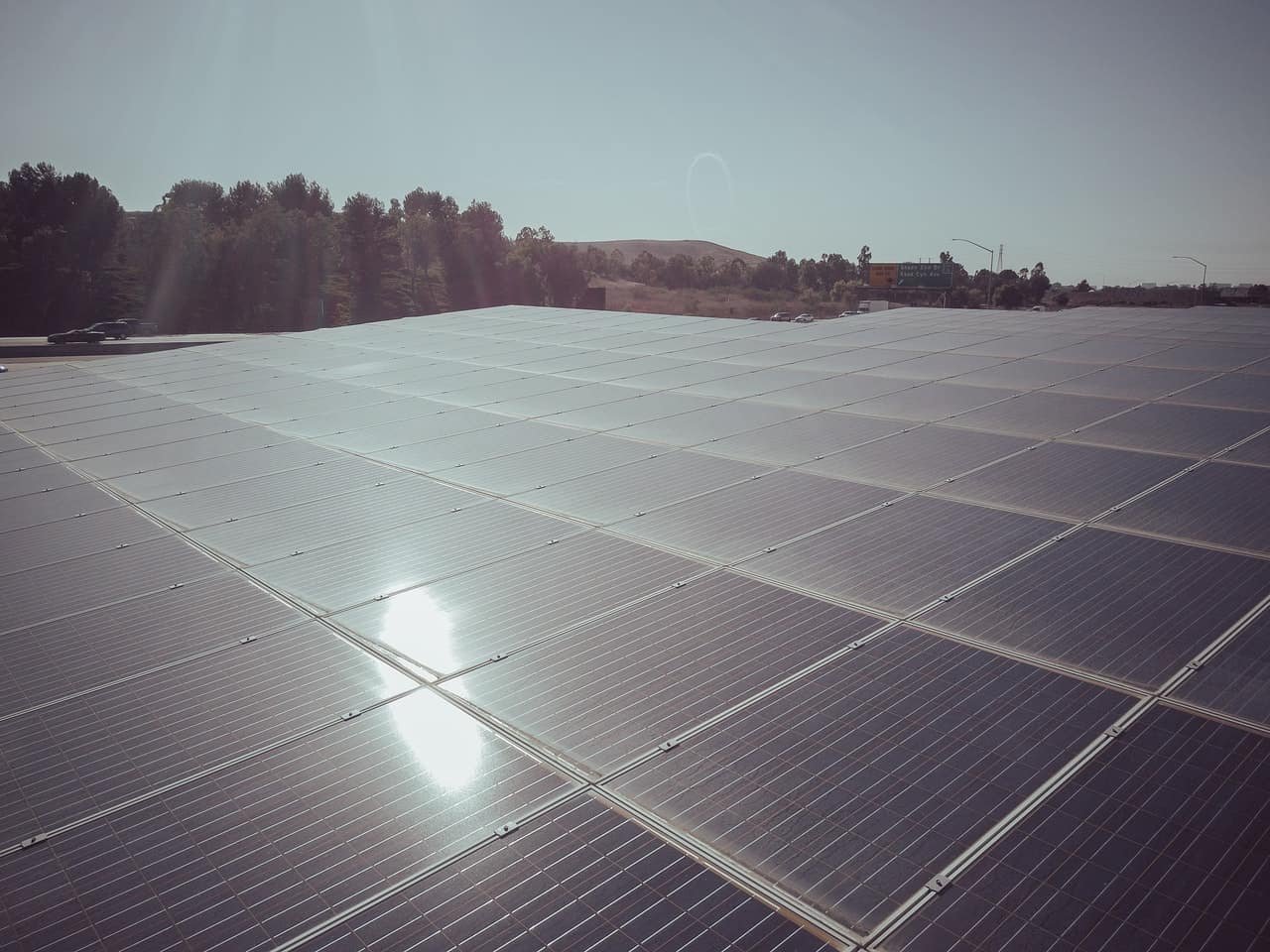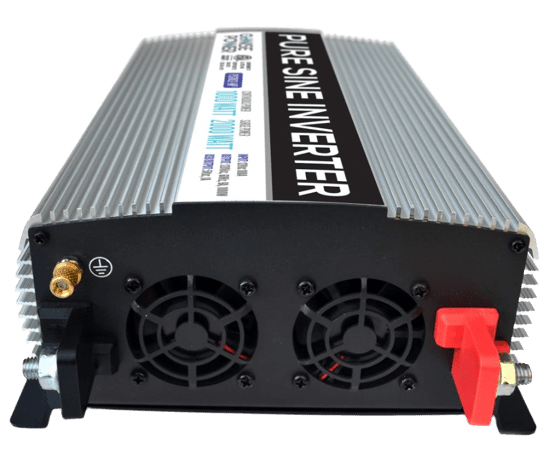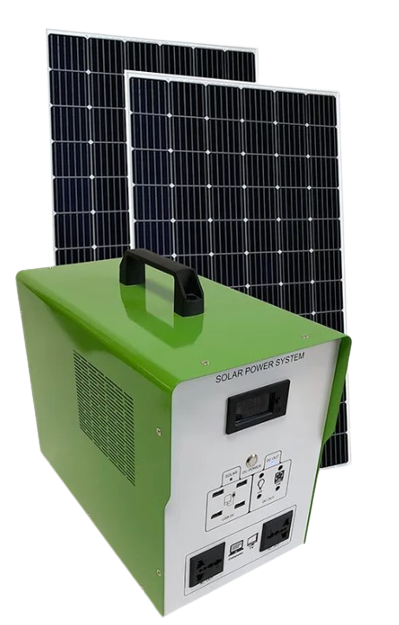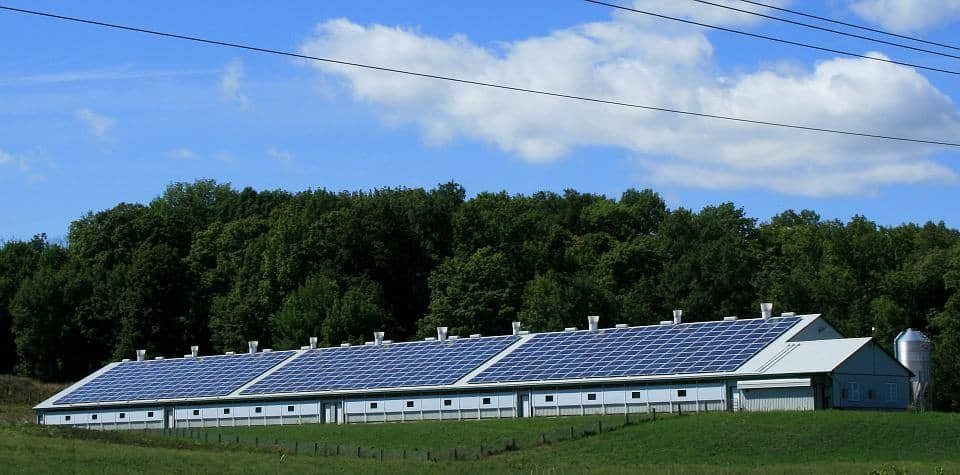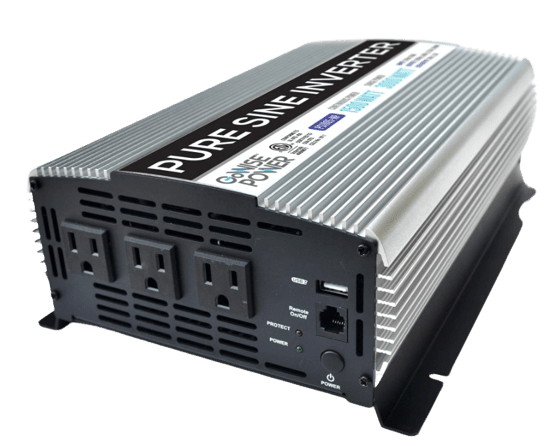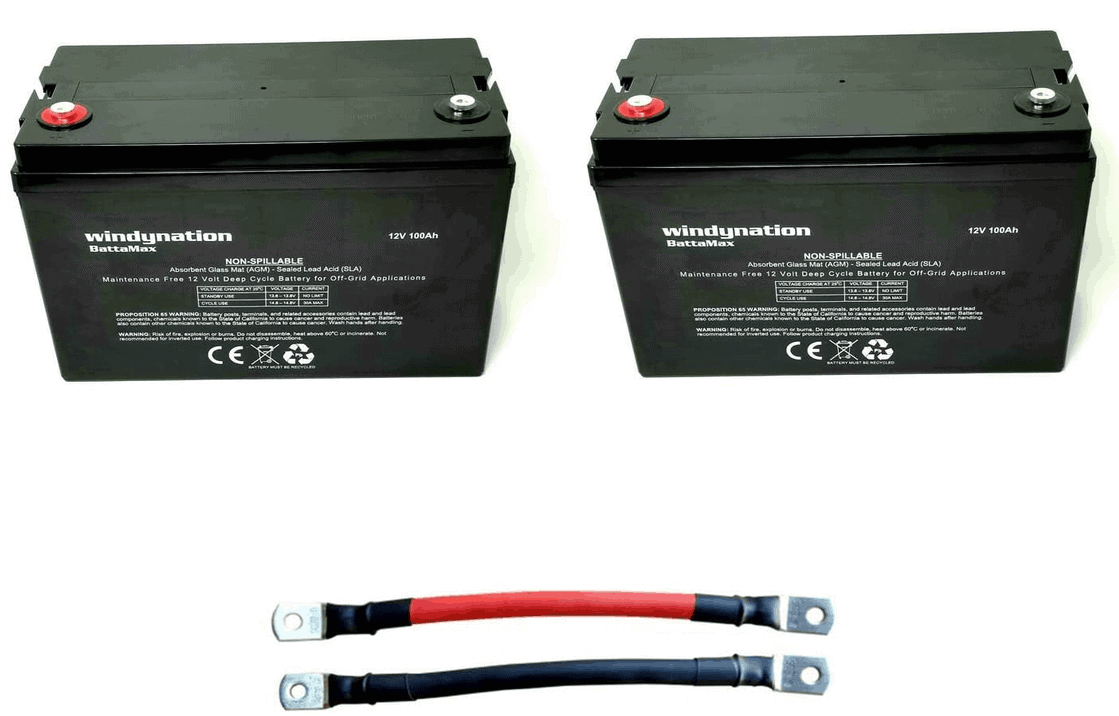Looking for more power from your generator while keeping emissions and noise to a minimum? You’re likely looking for a solar generator that can provide a higher wattage by increasing the voltage. But do such generators exist?
What Is the Difference Between a 120V Outlet and a 240V Outlet?
Electricity and electrical currents can be difficult concepts to fully understand. You can often think of electrical currents like water pressure. Voltage [V] would be similar to the rate at which water comes spilling out of a pipe or hose.
This means that a higher voltage would push more electricity to your appliances and devices of a fixed energy load within a fixed period of time.
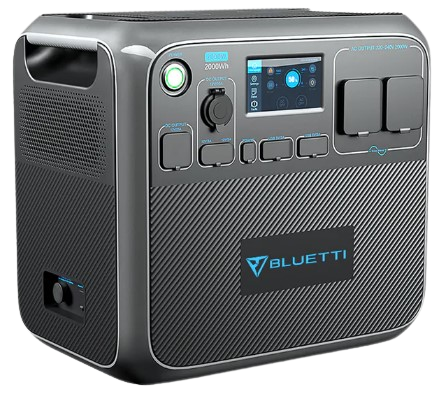
This sounds great but if you look around your house, you’ll probably notice that most of your outlets are only fitted for 120V and have the standard faceplate we’re all familiar with. Even though you will probably have a few 240V outlets [these look different from the 120V outlet], they are typically reserved for truly power-hungry appliances like ovens and washing machines. Everything else can run just fine on 120V for the most part.
Are There Solar Generators That Have a 240V Outlet?
Solar generators often boast how many inputs and outputs they have. However, they usually just say what kind of outlet it is [USB type A or C, and AC outlets]. If a company does mention specifics, they tend to focus on the wattage and tell you it is pure-sine wave electricity which can make it difficult to know if there are 240V outlets.
It isn’t very common but there is at least one example of a solar generator with a 240V outlet. The EcoFlow Delta Pro is a solar generator with a built-in 240V outlet and is often marketed as a whole-house generator.
Why Aren’t There More Solar Generators With a 240V Outlet?
You might be asking why there aren’t very many solar generators on the market with a 240V outlet and there are actually a few reasons.
Hazardous
Higher voltages like 240V are used around the world to transport electricity across long distances with minimal losses. However, once it gets to a household, it is usually stepped down or converted to 120V.
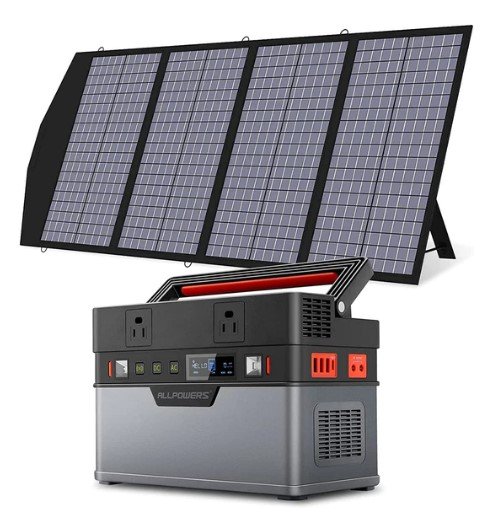
This is because high voltages are much more dangerous if you were to accidentally get shocked. Not all appliances and wires can handle 240V either, so they can become fire risks.
Niche Use
Many people who are looking into solar generators want them for convenience while in the great outdoors. They don’t typically need to power anything larger than a laptop with a portable solar generator so there is no little reason for companies to include a 240V outlet as an option.
Even if you were looking at solar power for a household, the majority of people turn to grid-tied systems instead of having a dedicated generator.
Related Articles:
Solar Panel vs. Generator for Home
Solar and Generator Hybrid Systems
Solar Generator with Pass Through Charging
Solar Generator vs. Battery Bank
Complications
Even though there might be solar generators out there [like the EcoFlow Delta Pro] with a 240V outlet, a single generator typically cannot power any 240V appliances. This is because these high-voltage devices demand a high starting wattage that the inverter on these solar generators cannot supply.
To run any 240V appliance, you would need at least two of these generators and a way to connect them together safely to supply enough power at the starting peak and for continuous use.
